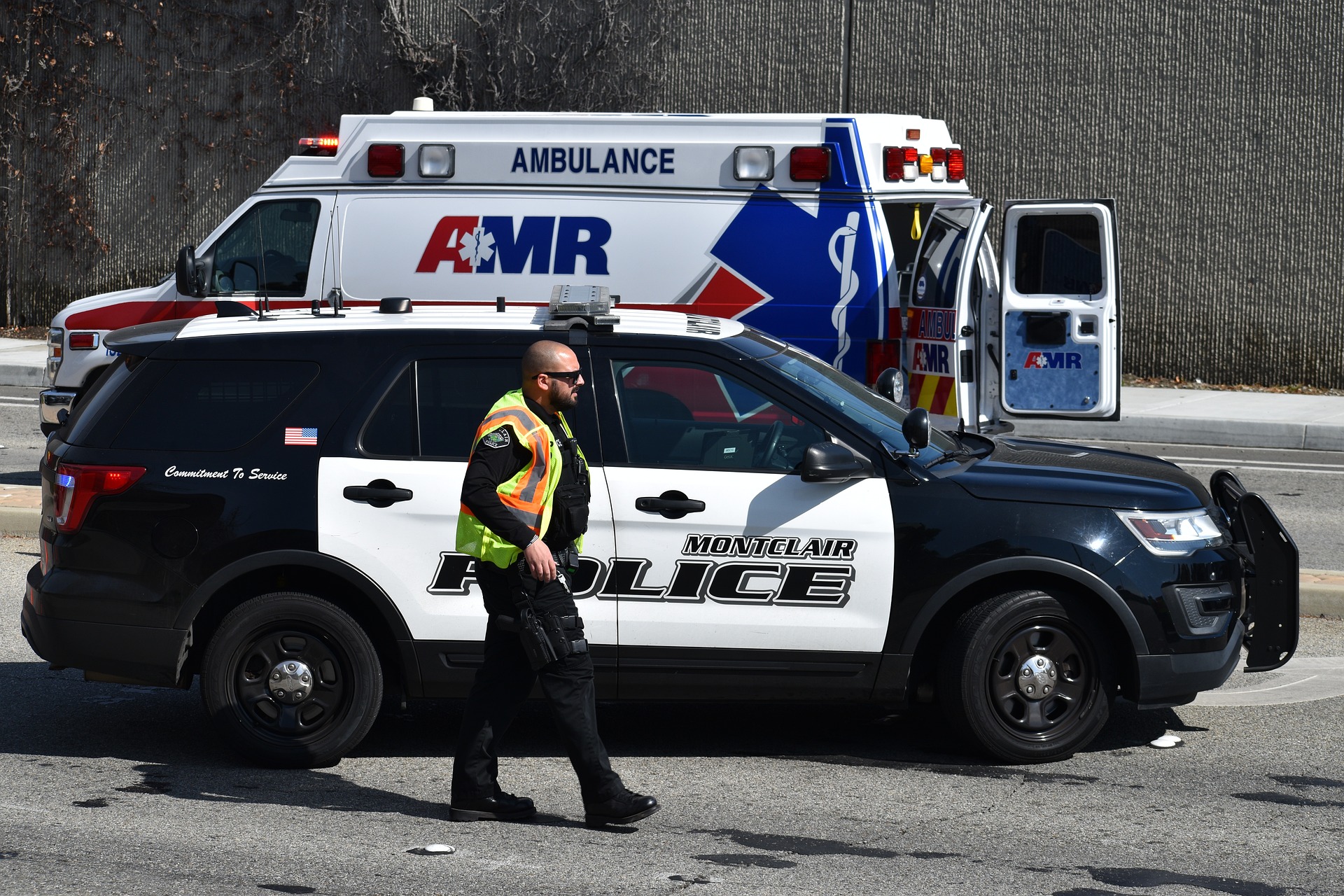Introduction:
Police work can be physically and mentally demanding, and officers are often required to work long hours, night shifts, and weekends. This can lead to police officer fatigue, which can have serious consequences for both officers and the public they serve. Police supervisors play an essential role in identifying signs of fatigue in their officers and taking action to prevent its negative effects. In this blog post, we will explore the signs of police officer fatigue and discuss how supervisors can spot them. We will also examine the causes and consequences of police officer fatigue, as well as the measures that police departments can take to prevent it.
Statistics:
Fatigue is a common issue for police officers, with studies indicating that nearly 60% of officers suffer from fatigue or sleep deprivation at least once a week (National Institute of Justice). According to the National Sleep Foundation’s 2011 Sleep in America poll, approximately 44% of law enforcement officers reported getting less than six hours of sleep per night. The same poll found that nearly 80% of law enforcement officers reported that their work schedules did not allow them to get enough sleep.
Signs of Police Officer Fatigue:
Police supervisors can spot signs of fatigue in their officers by looking for specific behaviors and symptoms. These include:
- Reduced Alertness: Fatigue can cause officers to become less alert and more easily distracted. They may struggle to focus on tasks or appear to be daydreaming.
- Slow Reaction Times: Officers with fatigue may take longer to react to situations, whether it be a sudden movement by a suspect or a vehicle swerving in traffic.
- Impaired Memory: Fatigue can impact an officer’s ability to remember critical details about incidents, which can affect their ability to accurately report events.
- Physical Symptoms: Fatigue can also cause physical symptoms such as headaches, muscle weakness, and eye strain.
Causes of Police Officer Fatigue:
Police officer fatigue can be caused by a variety of factors, including:
- Long Working Hours: Police officers are often required to work long hours, and this can lead to fatigue and sleep deprivation.
- Night Shift Work: Night shift work can disrupt an officer’s circadian rhythm, leading to fatigue and sleep deprivation.
- Trauma Exposure: Police officers are often exposed to traumatic events, which can lead to stress and contribute to fatigue.
- Poor Sleep Habits: Poor sleep habits, such as staying up late or consuming caffeine late in the day, can contribute to sleep deprivation and fatigue.
Consequences of Police Officer Fatigue:
Police officer fatigue can have serious consequences, including:
- Decreased Alertness: Fatigue can lead to impaired decision-making and decreased situational awareness, which can be dangerous in law enforcement situations.
- Increased Risk of Accidents: Officers with fatigue are more likely to be involved in accidents while driving or operating equipment.
- Impaired Performance: Fatigue can impair an officer’s ability to perform their job duties, which can lead to mistakes and poor performance.
Preventing Police Officer Fatigue:
Police departments can take several steps to prevent officer fatigue, including:
- Implementing Regular Breaks: Officers should have regularly scheduled breaks throughout their shifts to rest, eat, and rehydrate.
- Shift Scheduling: Departments can consider implementing shift schedules that allow officers to get sufficient sleep, such as rotating shifts or longer periods of time off between shifts.
- Training: Departments can provide training on sleep hygiene and how to recognize and prevent fatigue.
- Officer Surveys: Conducting employee pulse surveys can provide departments with valuable insights into officer wellness and areas where improvements can be made.
Using Officer Surveys:
Another effective way for police departments to spot signs of fatigue and measure officer wellness is by conducting employee pulse surveys. These surveys can be used to measure officer wellness and identify areas where improvements can be made. For example, if officers consistently report fatigue on surveys, the department may need to adjust shift schedules or provide more training on sleep hygiene.
Sample Questions that you can ask on your survey
- How many consecutive days do you typically work before having at least two days off in a row?
- On average, how many hours of sleep do you get per night before a shift?
- How often do you feel fatigued during your shift?
- Do you feel that your work schedule allows for adequate time for rest and recovery?
- Have you ever fallen asleep on duty or while driving to or from work?
- Do you consume caffeine or other stimulants to stay awake during your shift?
- How often do you experience difficulty concentrating or staying alert during your shift?
- Have you ever made a mistake on the job due to fatigue?
- Do you feel that your department provides sufficient resources and support for officer wellness?
- What suggestions do you have for reducing fatigue and improving officer wellness in the department?
Conclusion:
Police officer fatigue is a serious issue that can have negative consequences for both officers and the public. Police supervisors play an essential role in identifying signs of fatigue in their officers and taking action to prevent its negative effects. By implementing regular breaks, appropriate shift scheduling, and training on sleep hygiene, police departments can prevent officer fatigue and improve officer wellness. Additionally, using officer surveys can provide departments with valuable insights into officer wellness and areas where improvements can be made.








